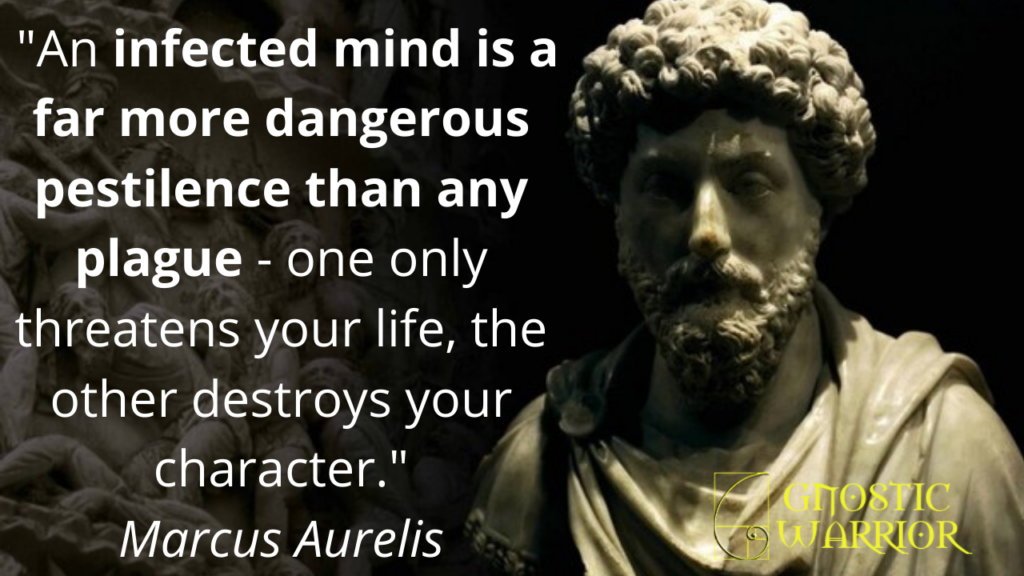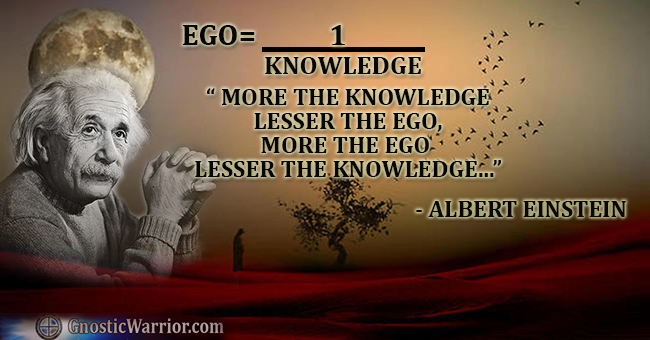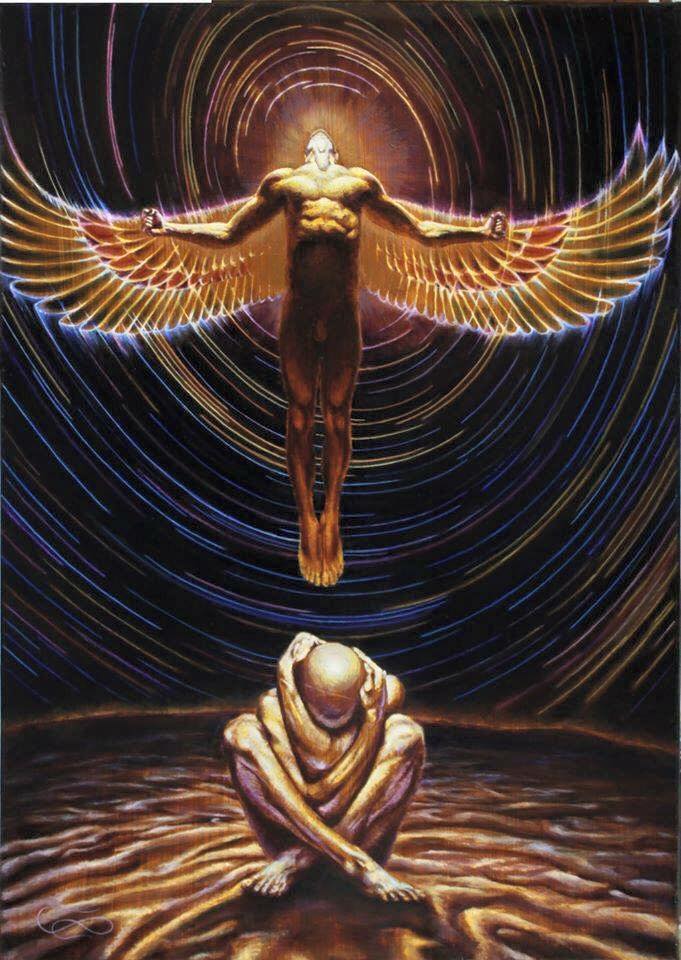The stoic philosopher and Roman Emperor Marcus Aurelius once said, “An infected mind is a far more dangerous pestilence than any plague—one only threatens your life, the other destroys your character.”

Marcus Aurelius was one of Ancient Greece’s most famous philosopher-king who ruled the Roman Empire during one of the first major plagues called the Antonine Plague (165-180 AD) that changed the course of Roman history and may have changed human psychology. He was known as one of the last Five Good Emperors.
Aurelius had written that “destruction of knowledge” is more dangerous to oneself and others than the dangers of the physical world — even something so deadly as the Antonine Plague” (which he refers to as a pestilence). These quotes were part of his Meditations considered to be part of Stoic philosophy in which he puts forth the
The Historia Augusta claims that at the height of the plague, many thousands died, that their bodies had to be removed from the city of Rome by the cartload.
Marcus only refers to the plague once in his writings, noting moral corruption of the mind is a far more serious pestilence than the physical one that corrupts the body by, as the Romans realized, somehow contaminating the very air they were breathing (Meditations, 9.2).
The plague, he says, merely attacks us physically, whereas these vices attack our inner nature, destroying that which is essential to our very humanity.
Marcus says that even in severe illness, to remain committed to Stoicism and be mindful of how he is thinking and acting in response to his enduring pain and discomfort (9.41).
He mentions falsehood, pretense, indulgence in luxury, and pride as the sort of vices he considers particularly corrosive in this regard. The plague, he says, merely attacks us physically, whereas these vices attack our inner nature, destroying that which is essential to our very humanity.

Moe is the founder of GnosticWarrior.com. He is a father, husband, author, martial arts black belt, and an expert in Gnosticism, the occult, and esotericism.








![How a pestilence ceased through the intercession of King Oswald [681-686 A.D.] | Book 4 | Chapter 14 How a pestilence ceased through the intercession of King Oswald [681-686 A.D.] | Book 4 | Chapter 14](https://www.gnosticwarrior.com/wp-content/plugins/contextual-related-posts/default.png)